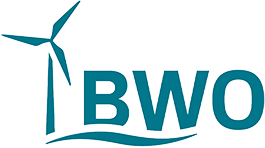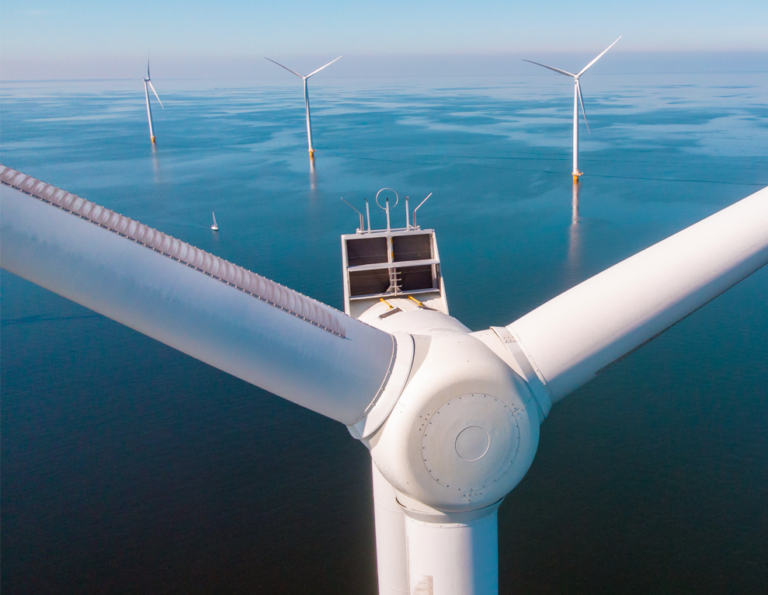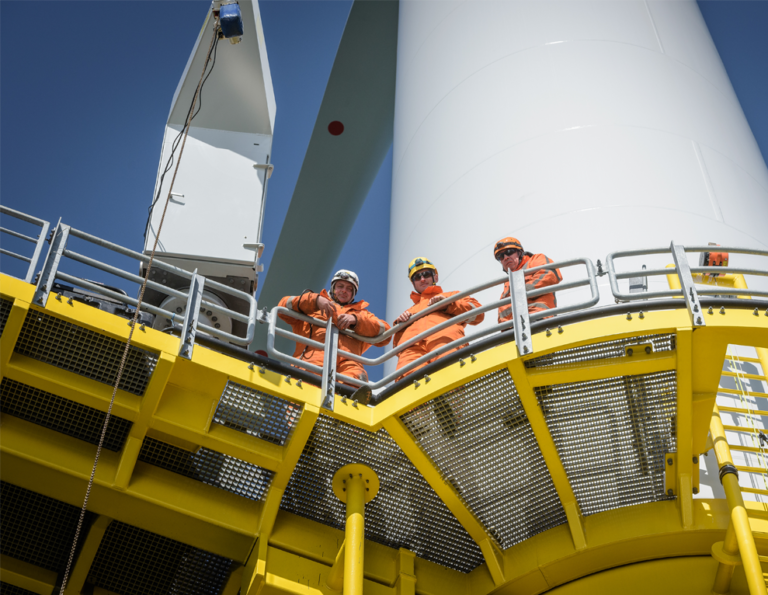Bid component increases industrial electricity price by up to €20/MWh
"We all want offshore wind to become a mainstay for supplying industry," says State Secretary Dr. Patrick Graichen at the parliamentary eve of the future offshore 2022 - matching this year's motto Offshore wind - the backbone of the energy transition.
Then suddenly: The light goes out, it's pitch black. "Security of supply cannot be taken for granted," says BWO Managing Director Stefan Thimm and lights a candle. The start of an exciting panel discussion with MdB Dr. Nina Scheer from the SPD, MdB Olaf in der Beek from the FDP and MdB Katrin Uhlig from the Greens. The focus is on the current draft of the Wind Energy at Sea Act (WindSeeG). All three representatives of the traffic light coalition agree: The energy transition must pick up speed - not least to make Germany less dependent on energy imports. Accelerating offshore wind and grid expansion is therefore essential. However, there is still a need for discussion, particularly with regard to the auction design for offshore wind.
The BWO shares this view and presents meaningful figures on the morning of the second day of the conference: The bid component envisaged in the draft of the WindSeeG for areas that have not been pre-examined could increase industrial electricity costs by up to 20 euros per megawatt hour. This is confirmed by the preliminary results of the NERA study Electricity price effect of the financial bid component. "Extrapolated that would mean more than 14 billion euros in additional costs for industry alone by 2045. That's stupid money that is actually urgently needed for the system integration of the electricity produced offshore," explains Thimm. "And unfortunately that's not the only weakness we're seeing. Improvements also need to be made in the CFD segment.”
The 5th Zukunft Offshore took place on May 03rd and 04th in Berlin's Spreespeicher. The most important topics relating to the achievement of the offshore expansion goals were discussed in various keynote speeches and discussion rounds. Among those present were MdB Claudia Müller (Coordinator of the Federal Government for Maritime Economy and Tourism), State Secretary Frank Doods (Lower Saxony Environment Ministry), State Secretary Tobias Goldschmidt (Energy Transition Ministry Schleswig-Holstein) and various representatives from business and science.



